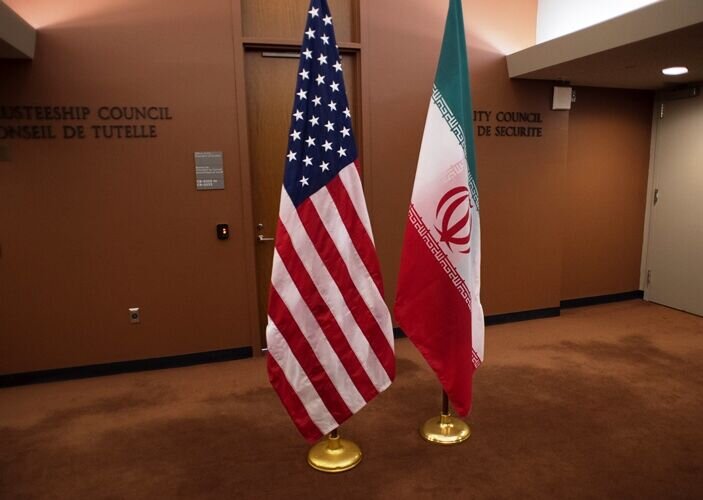U.S. reviewing process of Iranian sanctions exemptions

TEHRAN- A spokesperson for the U.S. State Department announced that Washington is reviewing the process of Iranian sanctions exemptions following the expiration of waivers under the 2015 Iran nuclear deal framework.
The conservative news website Washington Free Beacon reported on Friday that the Biden administration has not extended the sanctions waivers that allowed Iran to engage in nuclear cooperation with international parties under the JCPOA framework.
The Biden administration has allowed a set of sanctions waivers that permitted Iran and Russia to engage in joint cooperation to expire, but it does not commit to enforcing those sanctions.
Washington had last extended these waivers until the beginning of 2024 in August 2023, and these waivers have now expired.
State Department spokesperson Matthew Miller did not provide a reason for the expiration of such sanctions waivers, but told Washington Free Beacon that officials are still “reviewing the waivers as part of a regular review process,” and public commentary will be provided after a decision is made as part of that review.
The sanctions exemptions for Iran are issued under the JCPOA framework, and the U.S. government’s officials were obligated to renew them every 6 months.
According to the JCPOA text, signatory countries were committed to engaging in peaceful nuclear cooperation with Iran, including in research reactor projects in Arak and Fordow facilities.
During the presidency of Donald Trump, these exemptions were canceled due to the U.S. withdrawal from the JCPOA, but Joe Biden announced after entering the White House that these exemptions would be reinstated.
Iran, following the signing of the JCPOA in 2015 with the aim of lifting unfair sanctions, fulfilled its responsibilities flawlessly and this was confirmed in 16 reports by the International Atomic Energy Agency.
However, after Donald Trump took office in January 2017 and eventually unilaterally and unlawfully withdrew from the JCPOA in May 2018, secondary sanctions against Iran were reimposed.
The imbalanced implementation of the agreement on one side and pressures resulting from the unilateral and intensified sanctions by the U.S. on the other side led to the Supreme National Security Council of the Islamic Republic of Iran making decisions to halt the gradual implementation of voluntary nuclear commitments, providing a 60-day opportunity for diplomacy, a year after the U.S. withdrawal from the JCPOA.
Iran adhered to all its commitments under this agreement for a year after the U.S. exit from the JCPOA to give European countries, which promised to compensate for Washington’s withdrawal, a chance to fulfill their promises.
However, as European countries did not fulfill their promises, Iran gradually reduced its commitments under the JCPOA in accordance with the nuclear deal provisions.
The Democratic administration of Biden condemned the previous administration’s unilateral action to exit the Iran deal with the P5+1 group but has so far fallen short of taking valid actions to rectify past wrongdoings.
The Biden administration has adopted the maximum pressure policies of the Trump administration and has imposed sanctions in coordination with its Western allies under the guise of human rights to support unrest in Iran, stating clearly that instead of focusing on negotiation and diplomatic approaches, it has been concentrating on Iranian unrest but claims not to seek regime change in Iran.
The Biden administration has also continued the policy of sanctions against Iran in the context of the conflict in Ukraine and Russia, citing military cooperation between Tehran and Moscow and alleging the provision of Iranian drones in this conflict, as well as in the conflict in Israel and Gaza, citing Tehran’s support for resistance groups.
Leave a Comment